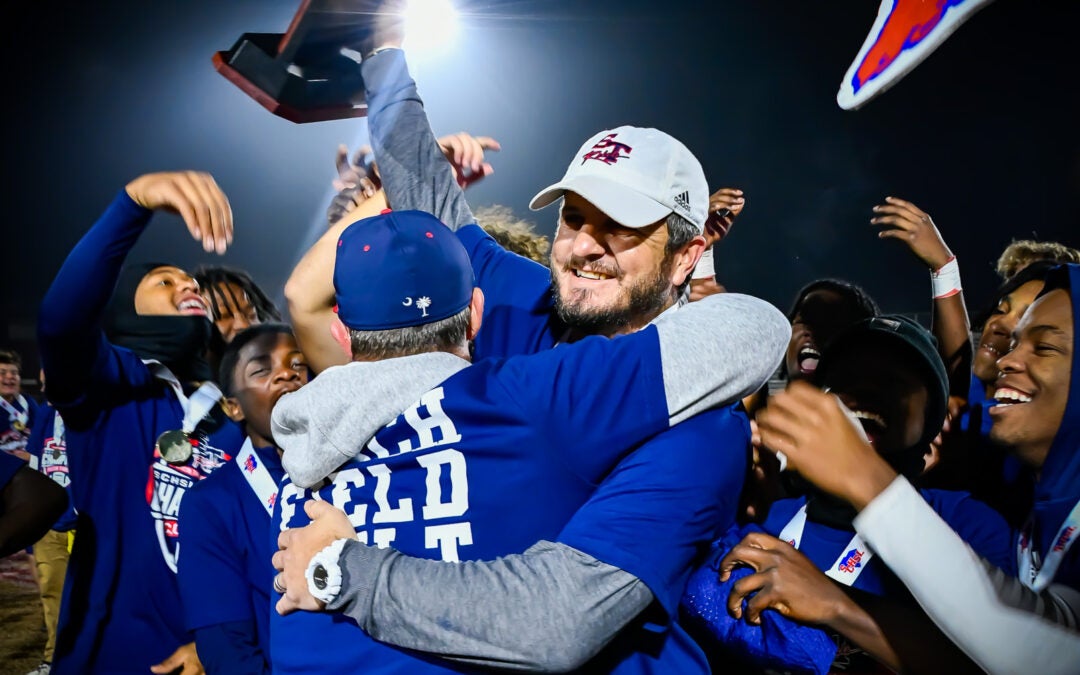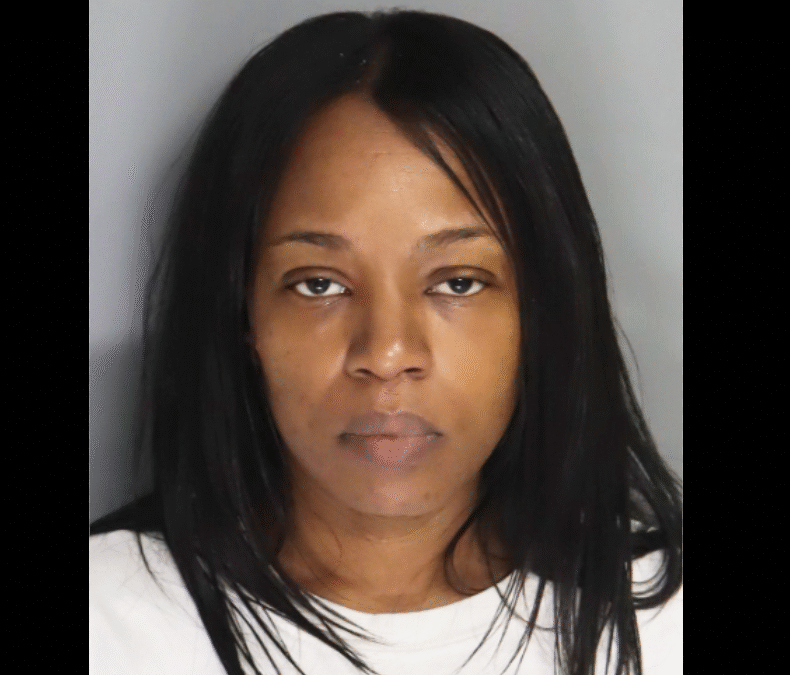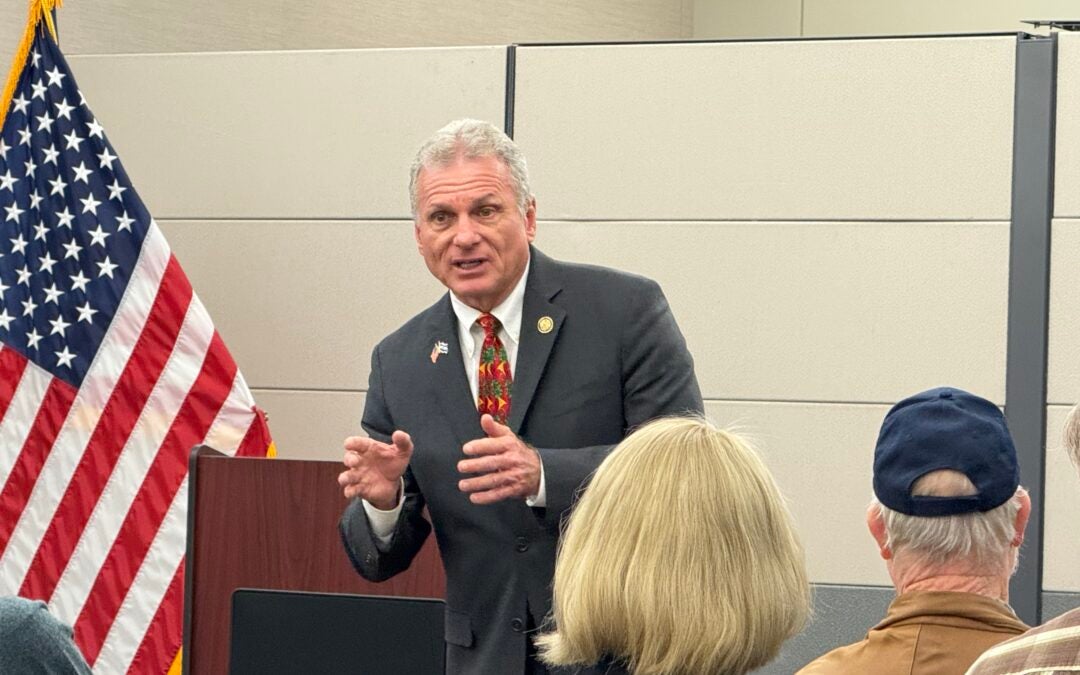Being involved in a car accident, whether it is a minor fender-bender or the total loss of the vehicle, is never an easy situation.
When buying auto insurance, most people simply select the company offering the best price and rarely do they ever read the fine print on the contract until it may be too late.
The devil is always in the details, and the insurance companies are there to make a profit.
Many of us look forward to making that last car payment so that we can drop the full coverage and save money by only carrying the required liability insurance; however, dropping the coverage down can turn out to be a very bad idea.
According to Car and Driver magazine, full coverage or at least collision coverage should be maintained unless the car is rarely driven, has extremely high mileage and the owner can financially withstand the impact of having to replace the vehicle out of pocket.
Due to parts shortages, even minor damage may take weeks to repair and liability insurance does not cover a temporary car rental. Also, if the other driver is found at fault, there is no guarantee that the other driver’s insurance will provide a rental.
In cases where no fault cannot be determined, then both drivers must file with their separate companies.
I have seen cases where a car, sitting at a dead stop, is rear-ended and forced forward crashing into the car ahead. The “middle” driver can be charged with following too closely even though the car was at a standstill when the accident occurred.
There are some small insurance companies, mostly located out of Texas, that will issue policies to undocumented immigrants without a valid driver’s license. According to the Georgia Budget and Policy Institute, there may be as many as 165,000 people on Georgia’s roadways with no valid license to drive.
Many of these companies are fly-by-night affairs and will claim the policy lapsed or that the company is in receivership leaving the non-at-fault driver stranded.
Once the car is loaded onto a wrecker and towed off, the insurance company will likely hand over a list of “preferred” collision shops. According to Car Insurance 101, the insurance adjuster may try to make it seem that the company will only do business with the shops on the list.
However, Georgia law says otherwise.
Ga. Code § 33-34-6 (2015) states that: “an insurer cannot force you to use a specific body shop or prevent you from using an alternative facility.”
Insurance companies like to place shops on the preferred list that use aftermarket parts or will declare a car fixable when it should be listed as totaled. Even a car with only a mildly bent frame is never the same as it was before being wrecked.
Newer vehicles, most of the time, should only be repaired using original equipment manufacturer parts.
Also, if the vehicle is foreign built, the shops on the preferred list may not be familiar with the vehicle and may not even have the correct tools to repair the vehicle, which can cause further delays and headaches.
Sometimes it is worth it to spend a little extra money to avoid a calamitous situation.
See you on the road!











